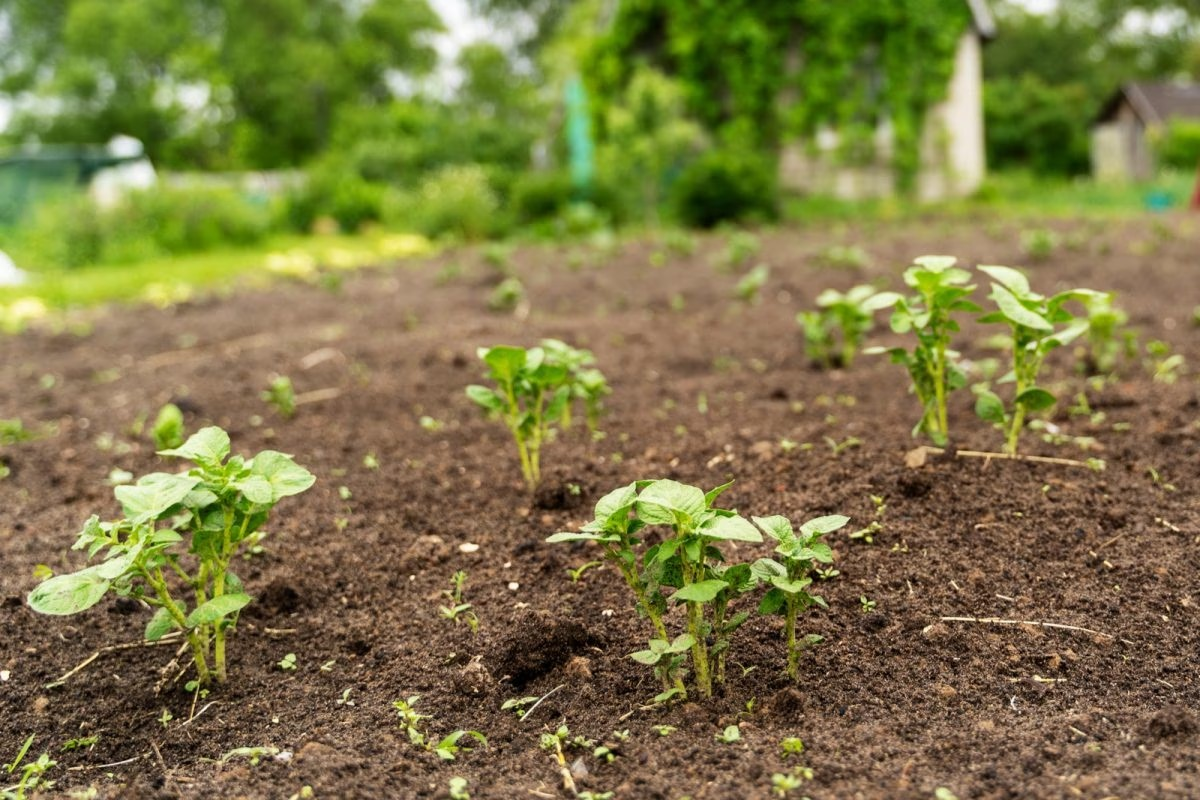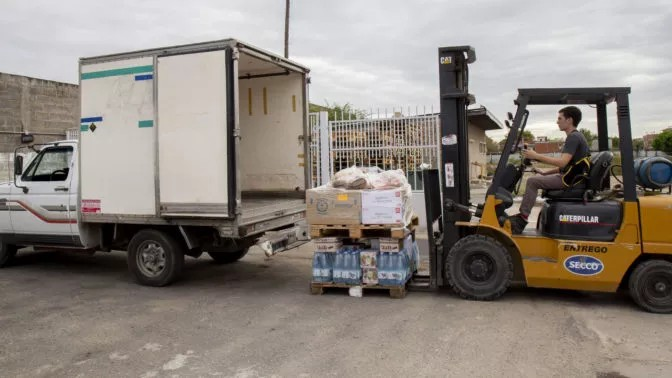Researchers Taught A.I. to Write Wine and Beer Reviews and They're Pretty Convincing
Scientific American reports that the researchers used around 125,000 reviews that were published in Wine Enthusiast magazine to train their program and to teach it how wine reviews were usually written. They also repeated the process with over 140,000 reviews from the RateBeer website. The AI used those reviews, along as details about each drink's winery or brewery, ABV, and cost, to start generating its own.
"[I]t was just a very unique data set," Dartmouth computer engineer Keith Carlson told the outlet. "People talk about wine in the same way, using the same set of words."
The AI proved to be quite proficient at writing its own reviews — and apparently it's almost as good as its real-life counterparts. A group of (human) testers were asked to read one AI-written review and one human review for each of 300 different wines and 69 different beers, and then they were tasked with distinguishing which one had the human author. Most of the time, the testers couldn't tell the difference.
Think you'd fare better? According to Dartmouth, one of the AI-generated reviews read "This is a sound Cabernet. It's very dry and a little thin in blackberry fruit, which accentuates the acidity and tannins. Drink up." Another said that the wine in question was "Pretty dark for a rosé, and full-bodied, with cherry, raspberry, vanilla and spice flavors. It's dry with good acidity."
The results of this faux-critic experiment were published in The International Journal of Research Marketing. "Working in the interesting context of wine reviews, we demonstrate that machines are capable of performing the critical marketing task of writing expert reviews directly from a fairly small amount of product attribute data," the abstract reads, before the authors added that they do not want this technology to leave wine writers looking for other jobs.
Rather than replacing the human review writer, we envision a workflow wherein machines take the metadata as inputs and generate a human readable review as a first draft of the review and thereby assist an expert reviewer in writing their review," they wrote.
Prasad Vana, an assistant professor of business administration at Dartmouth's Tuck School of Business reiterated that point. "The hope is that AI can benefit reviewers facing larger writing workloads and consumers who have to sort through so much content about products," he said. "It's interesting to imagine how this could benefit restaurants that cannot afford sommeliers or independent sellers on online platforms who may sell hundreds of products."




Comments